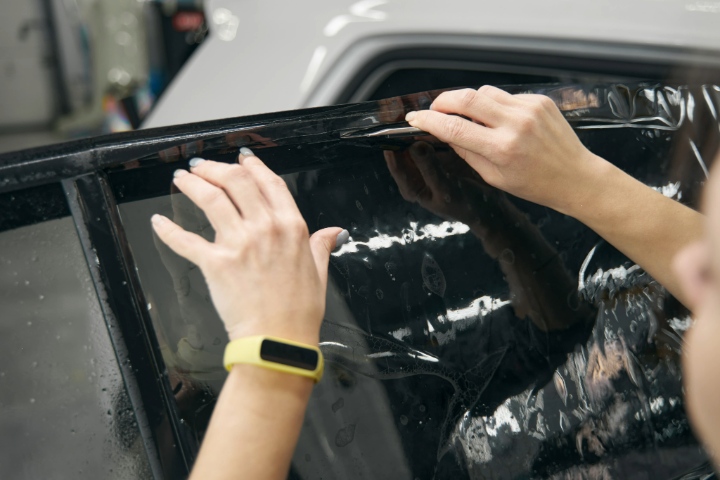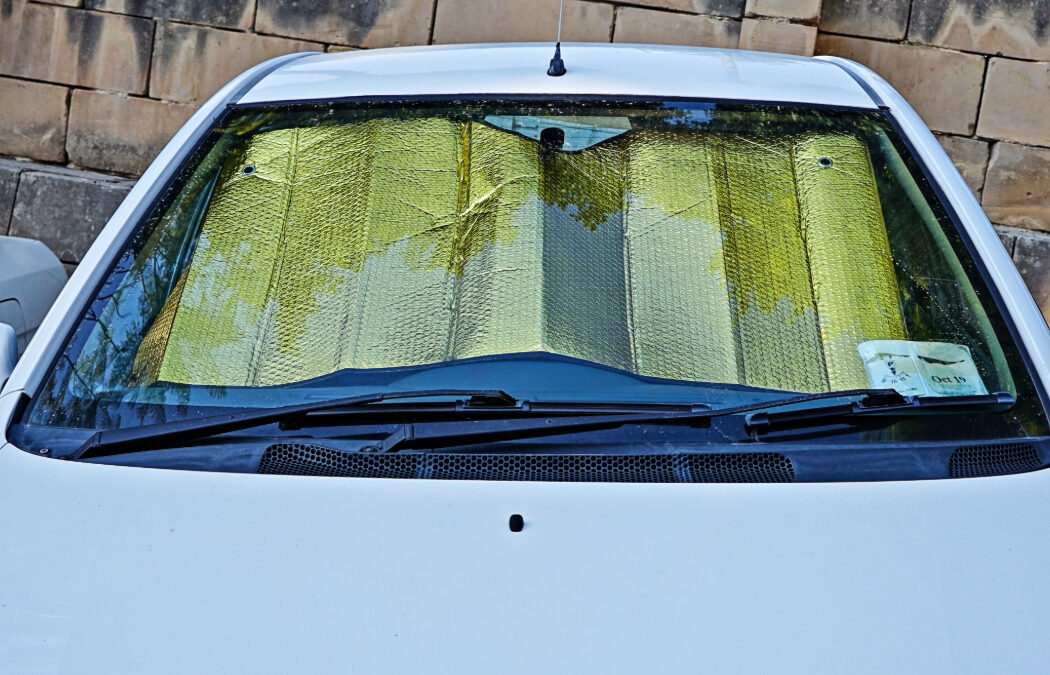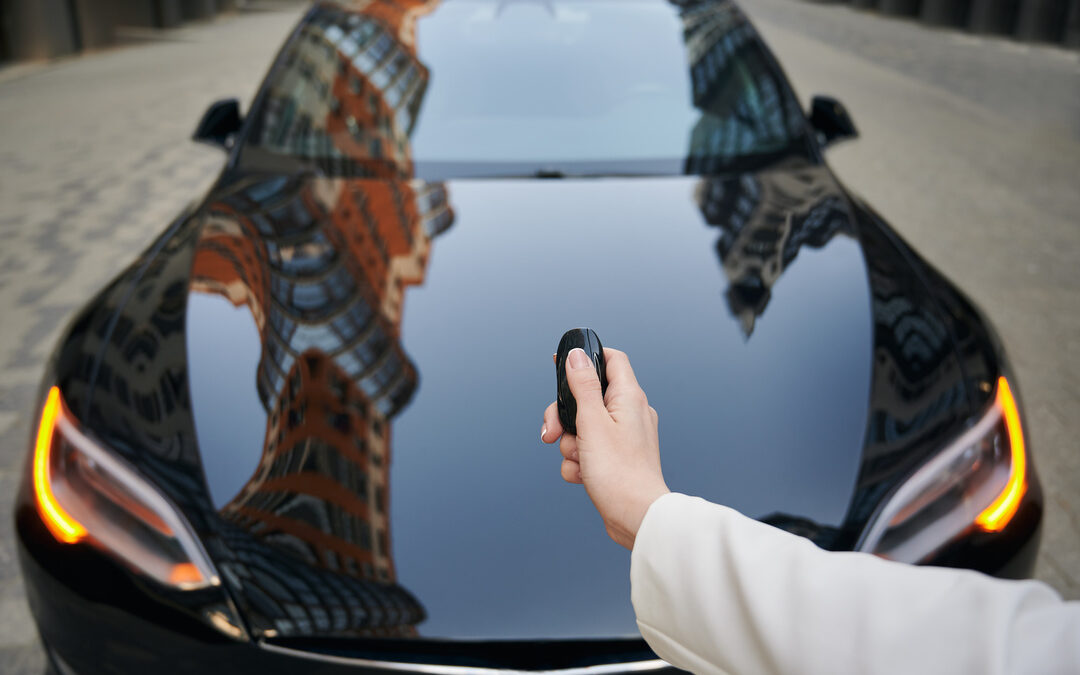If you live in Massachusetts and you’re thinking about tinting your car windows, you’ve probably seen two words pop up everywhere: ceramic and dyed. And like most people, you’re probably asking:
What’s the difference?
Is ceramic really worth more money?
And which one holds up when New England throws every season at your car in one week?
Here’s the straight truth. No BS. Just what you need to know to make the right choice and not waste your money.
1. Ceramic vs Dyed Tint – The Real Difference
Dyed tint is the basic stuff. It’s got a dyed polyester layer that blocks some sunlight and helps with glare. It’s cheap. Looks good at first. But it doesn’t do much beyond that.
Ceramic tint, on the other hand, uses advanced ceramic particles. These particles block heat, UV rays, and infrared light way better. That means your car stays cooler, your interior doesn’t fade, and you’re not squinting in traffic like you just looked at the sun.
Still unsure? Check out this breakdown by The Tint Guy—they explain the key differences in real-world terms, not just marketing hype.
2. How They Handle New England Weather
Massachusetts is bipolar. One month it’s snowing. The next, it’s 95°F and humid. Here’s how each tint handles the mess:
- Dyed Tint in Winter: It’s fine. Cold doesn’t affect it much. But it won’t help with insulation or defrosting issues.
- Dyed Tint in Summer: It fails. It fades. It bubbles. And it doesn’t block heat well, so your AC works harder.
- Ceramic Tint in Winter: Solid performer. It helps keep cabin heat in a bit better and doesn’t crack or peel.
- Ceramic Tint in Summer: This is where it shines. It blocks up to 50% of solar heat and 99% of UV rays. You’ll feel the difference when you open the door after your car’s been baking in a mall parking lot.
For more in-depth seasonal comparisons, the folks at Fresh Layer cover how ceramic holds up across temperature extremes.
3. Which Tint Lasts Longer on MA Roads?
Let’s not sugarcoat it—Massachusetts roads are brutal. Potholes. Salt. Slush. Direct sun. You name it.
- Dyed tint usually fades in 2–3 years, sometimes less. Once it starts turning purple or bubbling, it’s game over.
- Ceramic tint lasts 5–10 years or more. It holds color, doesn’t peel, and still performs even after years of abuse.
So if you’re the kind of person who keeps a car for more than a few years, ceramic is a better investment. You’ll install it once and be done.

4. Is Ceramic Worth the Higher Price for MA Drivers?
Short answer: Yes, if you care about value.
Ceramic can cost 2–3x more than dyed, but here’s what you’re actually buying:
- Better heat rejection (less AC use)
- Longer lifespan (no repeat jobs)
- Safer driving (less glare)
- Better UV protection (for you and your car)
If you’re still stuck on price, read this detailed comparison from Ceramic Pro to understand how ceramic saves money long-term.
Quick FYI: Know Massachusetts Tint Laws
Massachusetts has strict rules about window tint. Don’t drop $500 on ceramic just to fail inspection.
- Front side windows must allow 35% of light in
- Windshield tint is limited to the top 6 inches
- You can apply for a tinted glass waiver if you have a medical reason
More info on that here: Driving & Motor Vehicles – MA.gov
Final Verdict
If you’re driving in New England, ceramic is the clear winner. It handles weather swings, lasts way longer, and actually performs the way tint is supposed to. Dyed might save you money upfront, but you’ll be redoing it in 2 years and still sweating every summer.



0 Comments